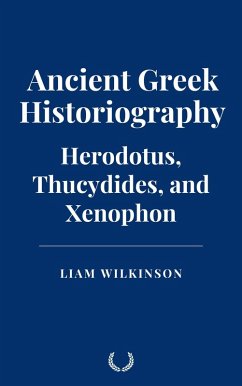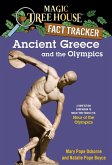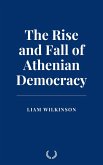Herodotus, often referred to as the "Father of History," crafted his Histories as a blend of narrative, ethnography, and moral reflection. His work preserves the memory of the Greco-Persian Wars while offering a rich tapestry of human culture and experience. Through storytelling and the inclusion of myth and legend, Herodotus presents history as a vehicle for understanding not only events but also the diversity of human societies and the moral lessons that arise from their successes and failures.
Thucydides, the author of The History of the Peloponnesian War, took a radically different approach. He emphasized critical analysis, evidence-based reasoning, and the rational study of political and military events. His rejection of divine explanations in favor of human agency and realpolitik marked a significant advance in historiography. Thucydides' work remains foundational for political theory and international relations, particularly for its focus on the dynamics of power, fear, and conflict that shape human history.
Xenophon, a student of Socrates and an experienced soldier, occupies a unique space between narrative and analysis. His works, including the Anabasis and Hellenica, are deeply rooted in his personal experience as a military leader and his philosophical reflections on leadership, governance, and ethics. Xenophon's Cyropaedia, in particular, blends historical narrative with political philosophy, presenting Cyrus the Great as an ideal ruler whose success was built on justice, self-control, and ethical governance. His works offer practical lessons in leadership and the challenges of authority.
This book not only contrasts the methods and themes of these three historians but also examines their lasting influence on historiography, political thought, and leadership studies. While Herodotus, Thucydides, and Xenophon each approached history from different anglesnarrative, analytical, and practicaltheir combined legacy continues to shape how we study and interpret the past. By exploring their contributions, this book sheds light on the evolution of history as both a literary genre and a critical tool for understanding the complexities of human nature, power, and governance.
Dieser Download kann aus rechtlichen Gründen nur mit Rechnungsadresse in A, B, CY, CZ, D, DK, EW, E, FIN, F, GR, H, IRL, I, LT, L, LR, M, NL, PL, P, R, S, SLO, SK ausgeliefert werden.









